International
Nine out of 10 climate catastrophe survivors in Brazil suffer from psychological disorders
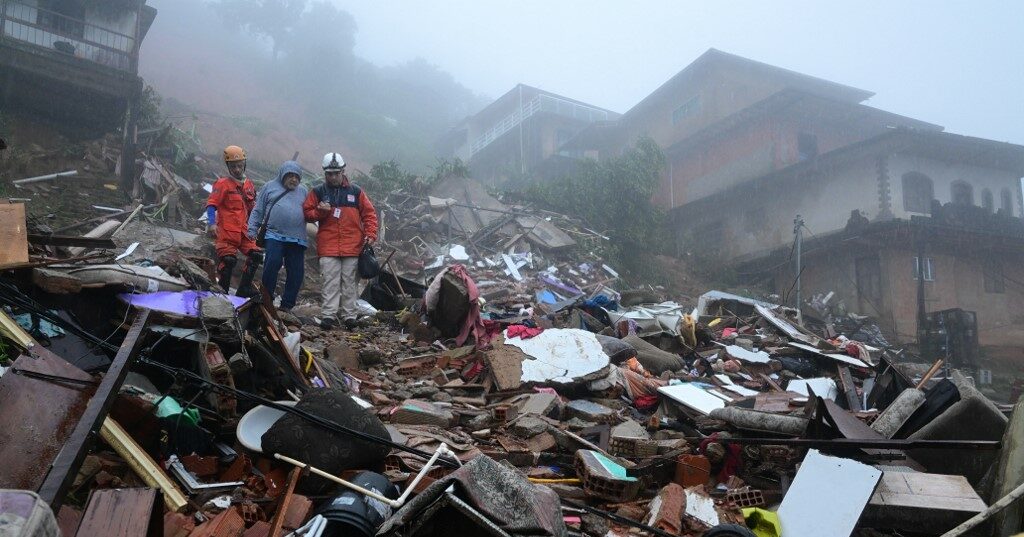
Nine out of 10 inhabitants of Rio Grande do Sul, a state in southern Brazil that has been suffering for 43 days from the worst climate catastrophe in history, are psychologically affected by the tragedy, suffering from anxiety and depression linked to losses and the fear of suffering new floods, according to a study released on Tuesday by the local press.
Post-traumatic stress disorder, anxiety, depression and exhaustion (burnout syndrome) are mental health diseases cited by those who responded to a survey carried out by professional psychologists from the Federal University of Rio Grande do Sul (UFRGS) and the Hospital de Clínicas de Porto Alegre, capital of Rio Grande do Sul, which borders Argentina and Uruguay.
According to the varied responses of the survivors to the floods that began on April 29 and began to recede at the beginning of June, anxiety is generated for example when finding an open faucet and listening to the noise of water or with nightmares that the house is being flooded.
Among the data collected by the researchers, anxiety stands out with 91 percent, followed by exhaustion 60 percent and depression, with 50 percent.
The coordinator of the study, psychiatrist Simone Hauck, told the RBS news network, in Porto Alegre, that the environmental catastrophe that caused at least 175 deaths, 38 missing and from which almost 450,000 people are still being evacuated, affected even those who were not victims of the floods.
There are similar reactions between the victims and the volunteer rescuers, who responded that they dream of water entering the apartment and think that “few things will be worth obtaining in life if they can be lost at any time,” he explained.
The specialist said that these symptoms appear temporarily, with which they should decrease as the tragedy passes, with the resolution of housing problems or other problems related to the flood.
According to the television network, experts warned that the highest suicide rate in Brazil is that of Rio Grande do Sul, even before the tragedy.
The Ministry of Health of the federal government of Brazil formed a team of 300 mental health professionals to attend to those affected by storms and floods in Rio Grande do Sul since the end of last April.
The survey on the mental health of survivors aims to make a map of the neighborhoods and regions that should receive priority in public investment in the area of mental health, such as the construction of care centers and the hiring of psychologists and psychiatrists.
International
Rubio rules out 2028 presidential bid if Vance runs

U.S. Secretary of State Marco Rubio said he would not seek the presidency in 2028 if current Vice President JD Vancedecides to run as the Republican nominee to succeed President Donald Trump.
“If JD Vance runs for president, he will be our candidate, and I will be one of the first people to support him,” Rubio said in an interview with Vanity Fair, in which he appeared alongside other senior members of the presidential cabinet.
Rubio, 54, and Vance, 41, are widely viewed as two of the leading Republican figures who could headline the party’s ticket in the 2028 election. Under the U.S. Constitution, Trump is barred from seeking another term after completing two presidential mandates.
In a lighthearted moment during the interview, Vance jokingly offered photographers $1,000 if they managed to make him look better than Rubio in the photos. Both leaders have received public backing from Trump, who last October floated the idea of a joint ticket featuring Rubio and Vance, without clarifying who would lead it.
“I think that if they ever teamed up, they would be unstoppable. I don’t think anyone would run against us,” Trump said at the time.
White House Chief of Staff Susie Wiles, who also took part in the interview, confirmed that Trump does not intend to violate the 22nd Amendment, which prohibits a third presidential term, though she acknowledged that the president is “having fun” with speculation about a possible return to office.
Rubio, the son of Cuban immigrants, served as a Republican senator from 2010 to 2025. He sought the party’s presidential nomination in 2016 but was defeated by Trump after a bruising primary contest. His name was floated as a potential vice presidential pick in 2024, but Vance ultimately secured the spot. After taking office, Trump appointed Rubio as secretary of state, making him the first Latino to hold the position.
International
Authorities search for armed and dangerous suspect in fatal Brown University attack
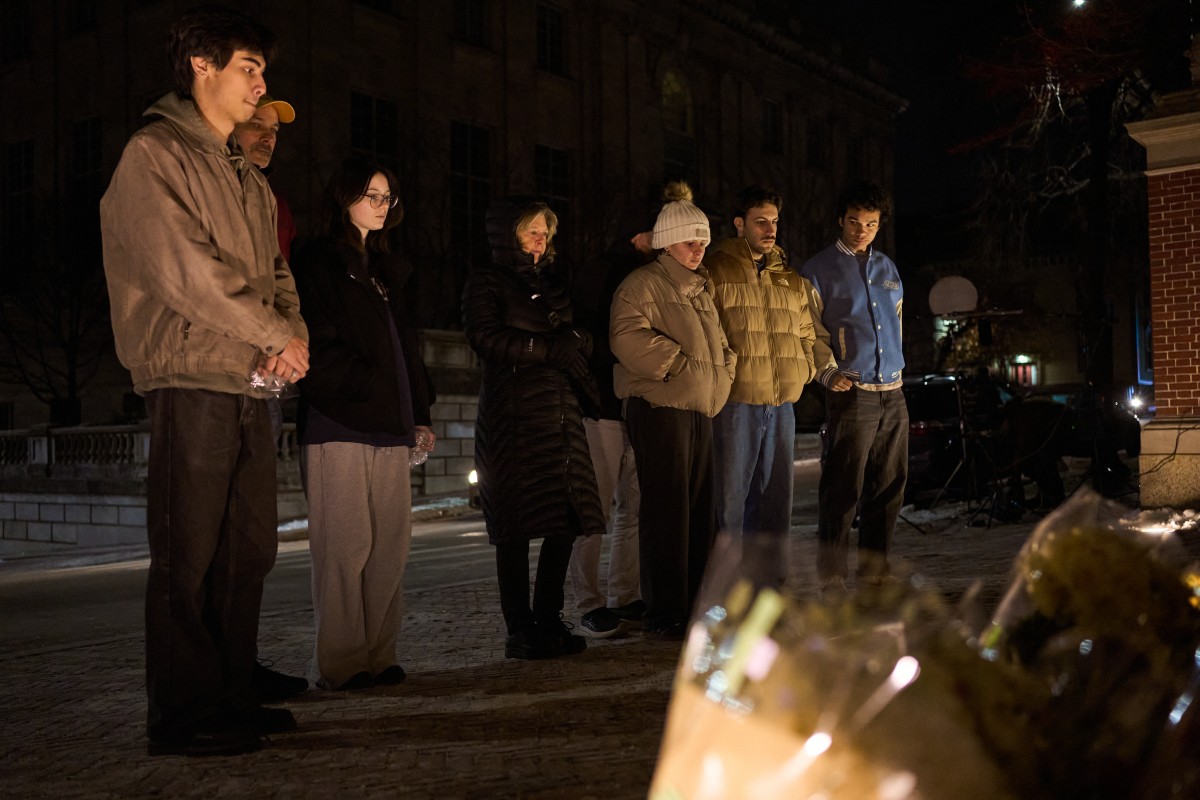
According to the statement, investigators are “seeking the public’s help to identify and speak with an individual” who was seen “near” the suspect at the time of the attack.
The Providence Police Department in Rhode Island released three photos of the person of interest, whose face has been blurred. In the images, the individual is wearing navy blue clothing, what appears to be a green hood, and carrying a light-colored backpack.
Earlier, authorities had released several photos and videos of a suspect described as “approximately 5 feet 8 inches tall, with a stocky build,” dressed in dark clothing, with their face covered by a surgical mask and wearing a beanie. The suspect’s identity remains unknown.
Authorities are offering a $50,000 reward for any information leading to the identification, arrest, and conviction of the person responsible for the killings, who is considered armed and dangerous.
The gunman opened fire on Saturday at Brown University’s engineering and physics building, where exams were being held, killing students Ella Cook and Mukhammad Aziz Umurzokov. The names of the nine people injured have not been released.
International
Police investigate deaths of Rob Reiner and wife as apparent homicide
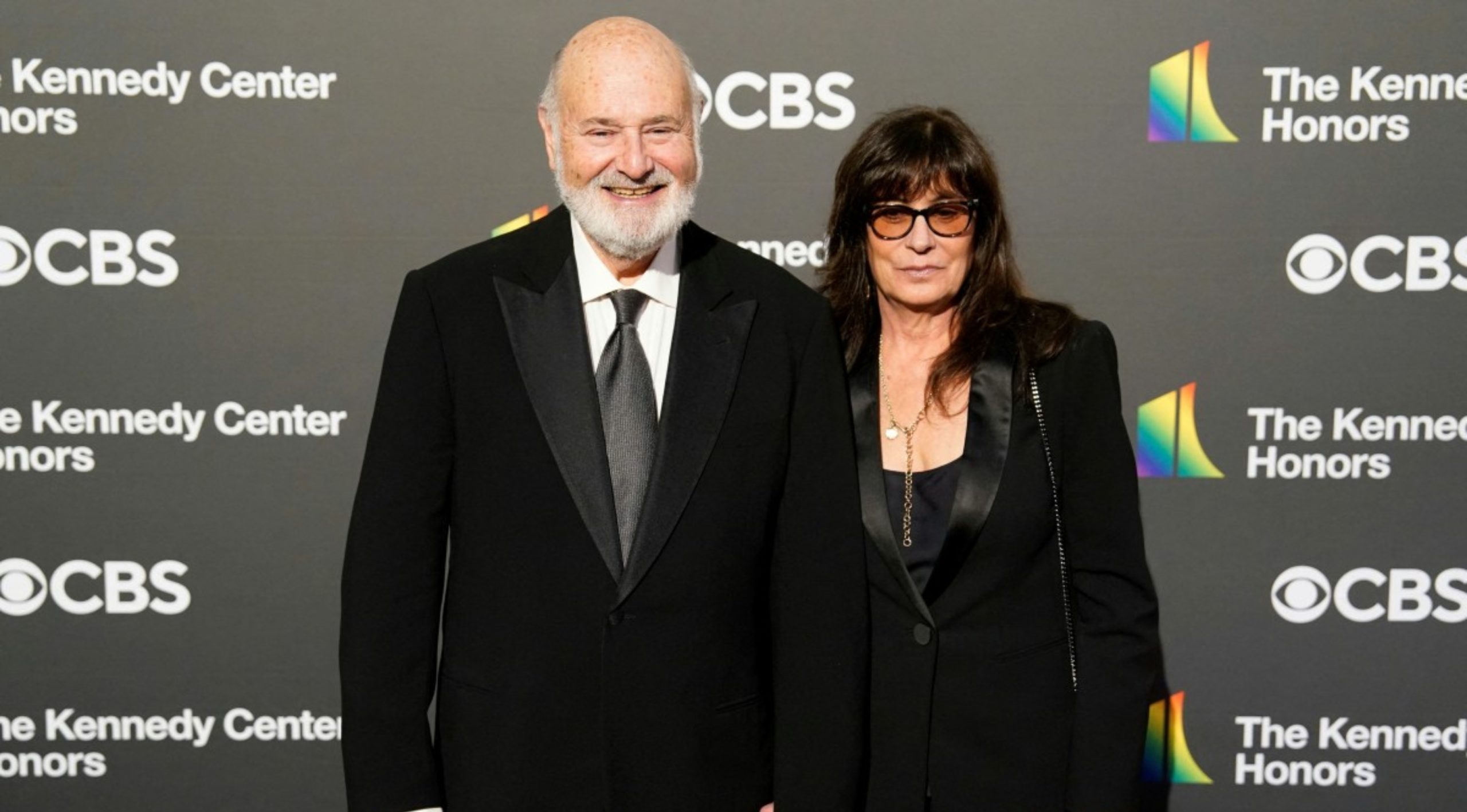
The Los Angeles Police Department (LAPD) is investigating the deaths of Hollywood actor and filmmaker Rob Reinerand his wife as an “apparent homicide,” amid a wave of tributes to the director of classics such as When Harry Met Sally.
According to U.S. media reports on Sunday, Rob Reiner and Michele Singer Reiner were found dead at their Los Angeles mansion with what appeared to be stab wounds.
Several political figures shared messages of condolence following the reported deaths of the director of A Few Good Menand his wife.
While the LAPD did not officially confirm the identities of the victims, it stated that homicide detectives were dispatched to the Reiner residence.
“At this time, no additional details are available and the investigation into an apparent homicide is ongoing,” the Los Angeles Police Department said in a statement posted on social media.
LAPD Deputy Chief Alan Hamilton told reporters that no arrests have been made and that no individuals are currently being questioned as suspects.
“I’m not going to confirm whether anyone is being questioned at this moment or not. We are going to try to speak with as many family members as we can,” Hamilton said.
CNN reported that a family spokesperson confirmed the deaths of Reiner and his wife.
California Governor Gavin Newsom, former U.S. President Barack Obama, and former Vice President Kamala Harrisissued statements expressing their condolences.
-

 Central America3 days ago
Central America3 days agoPanama seizes over three tons of drugs hidden in Caribbean port container
-

 International2 days ago
International2 days agoPolice investigate deaths of Rob Reiner and wife as apparent homicide
-

 International4 days ago
International4 days agoSeveral people shot in attack on Brown University campus
-

 Central America2 days ago
Central America2 days agoOAS urges swift recount in Honduras as election results remain uncertain
-

 Central America1 day ago
Central America1 day agoBukele says AI partnership with xAI will transform public education in El Salvador
-
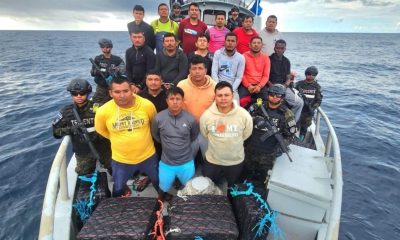
 Central America1 day ago
Central America1 day agoEl Salvador ranks among top countries in the Americas in fight against organized crime
-

 International4 days ago
International4 days agoU.S. and Mexico Reach Deal to Address Water Deficit Under 1944 Treaty
-

 International5 hours ago
International5 hours agoRubio rules out 2028 presidential bid if Vance runs
-

 Central America5 hours ago
Central America5 hours agoArrests and clashes in Tegucigalpa as vote count continues after Honduras election
-
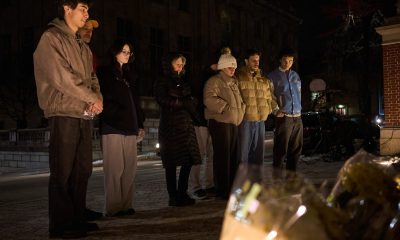
 International5 hours ago
International5 hours agoAuthorities search for armed and dangerous suspect in fatal Brown University attack
















































































